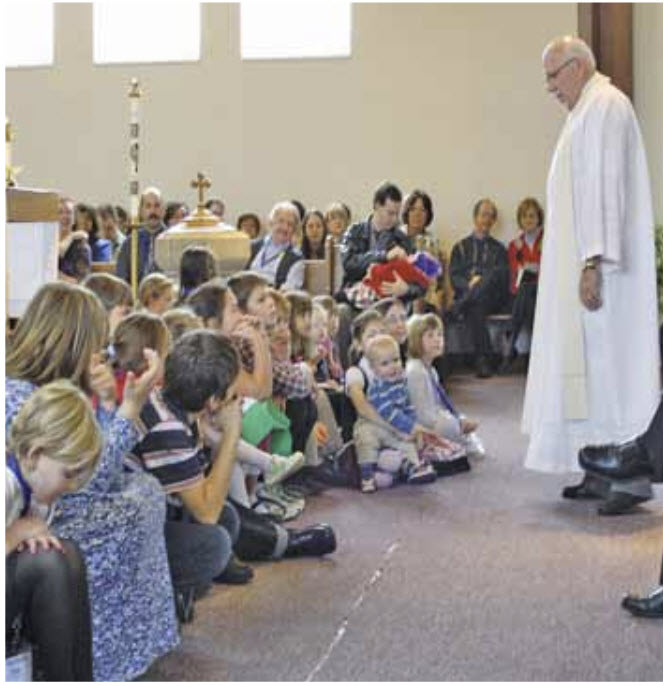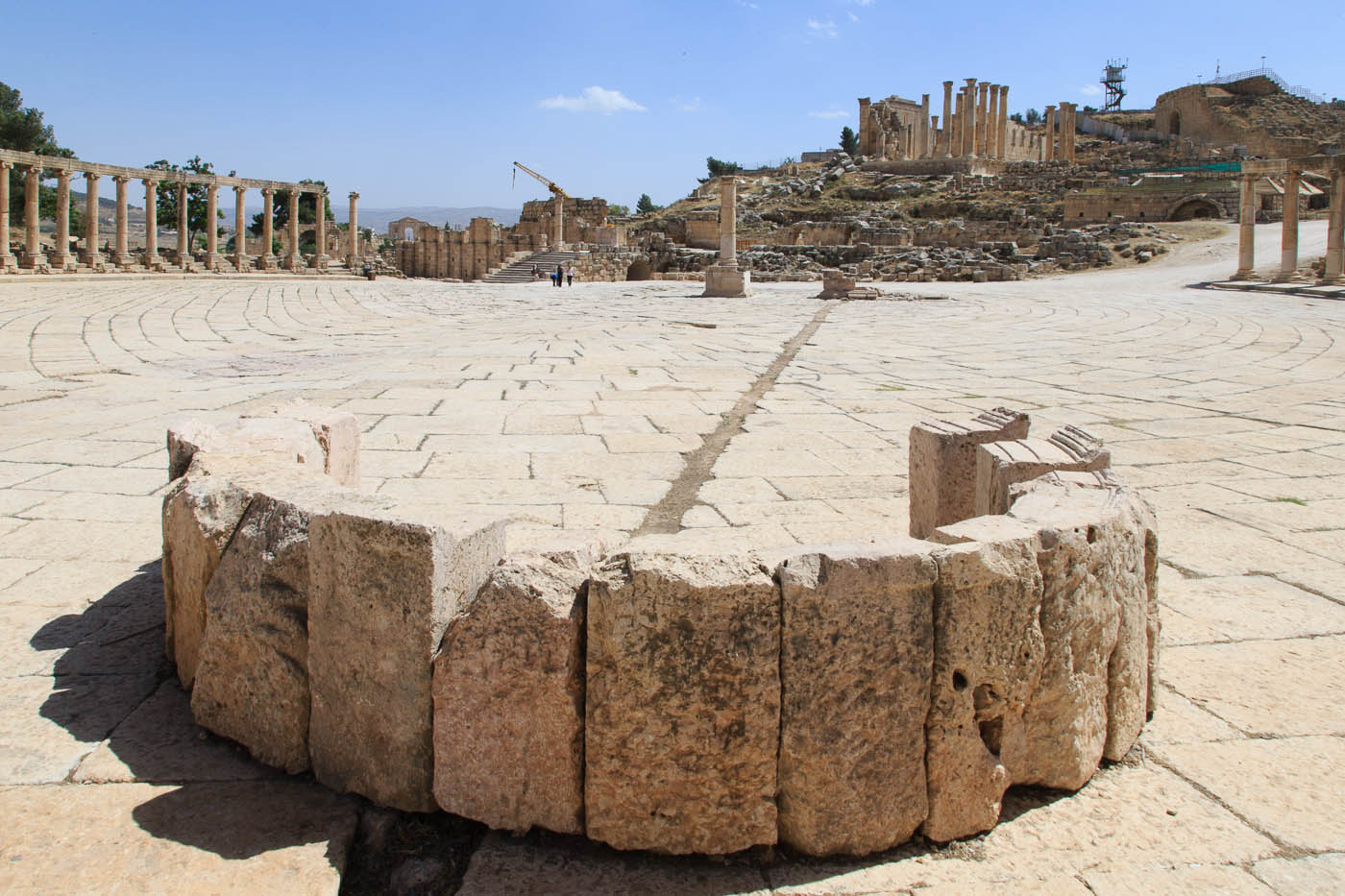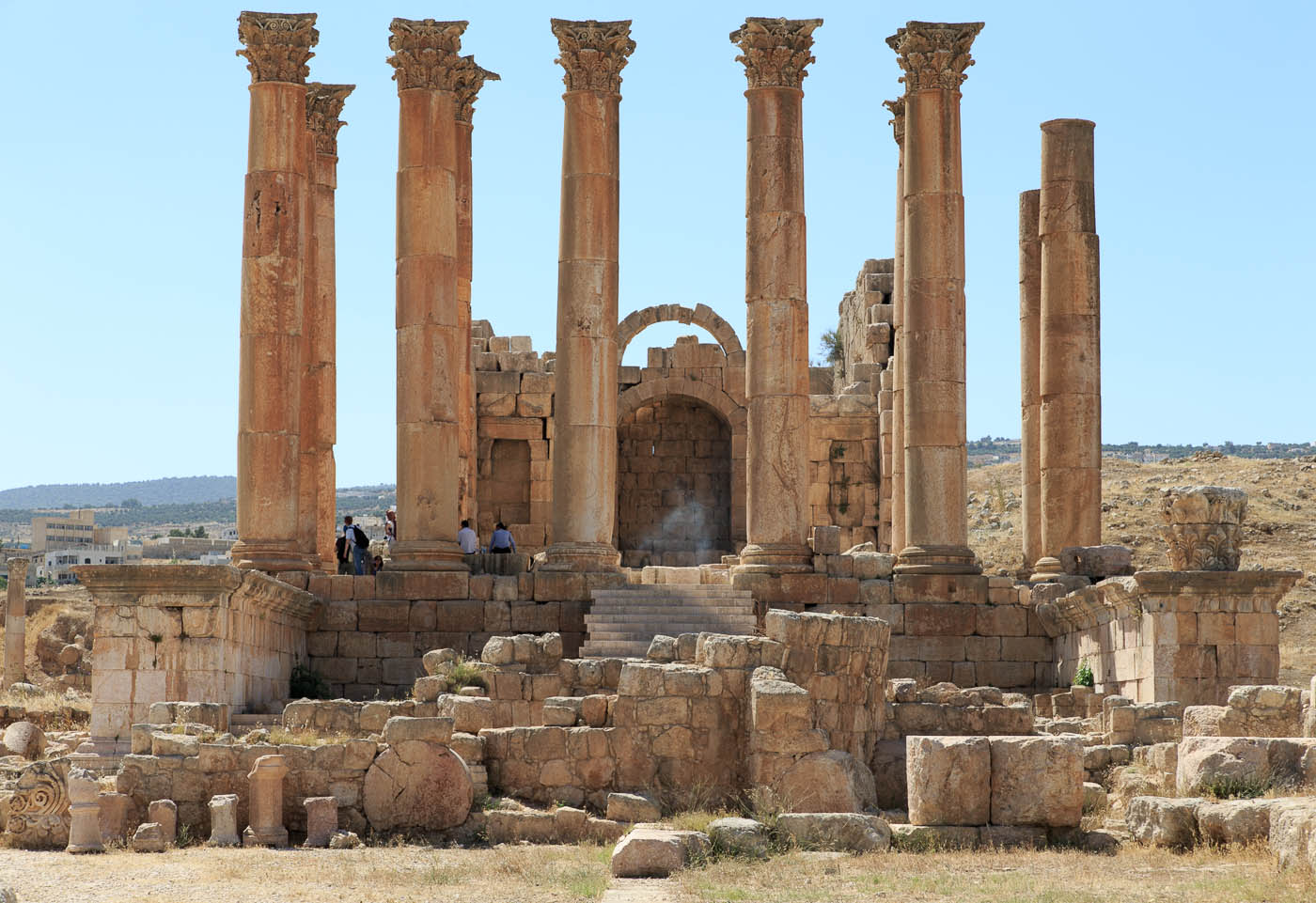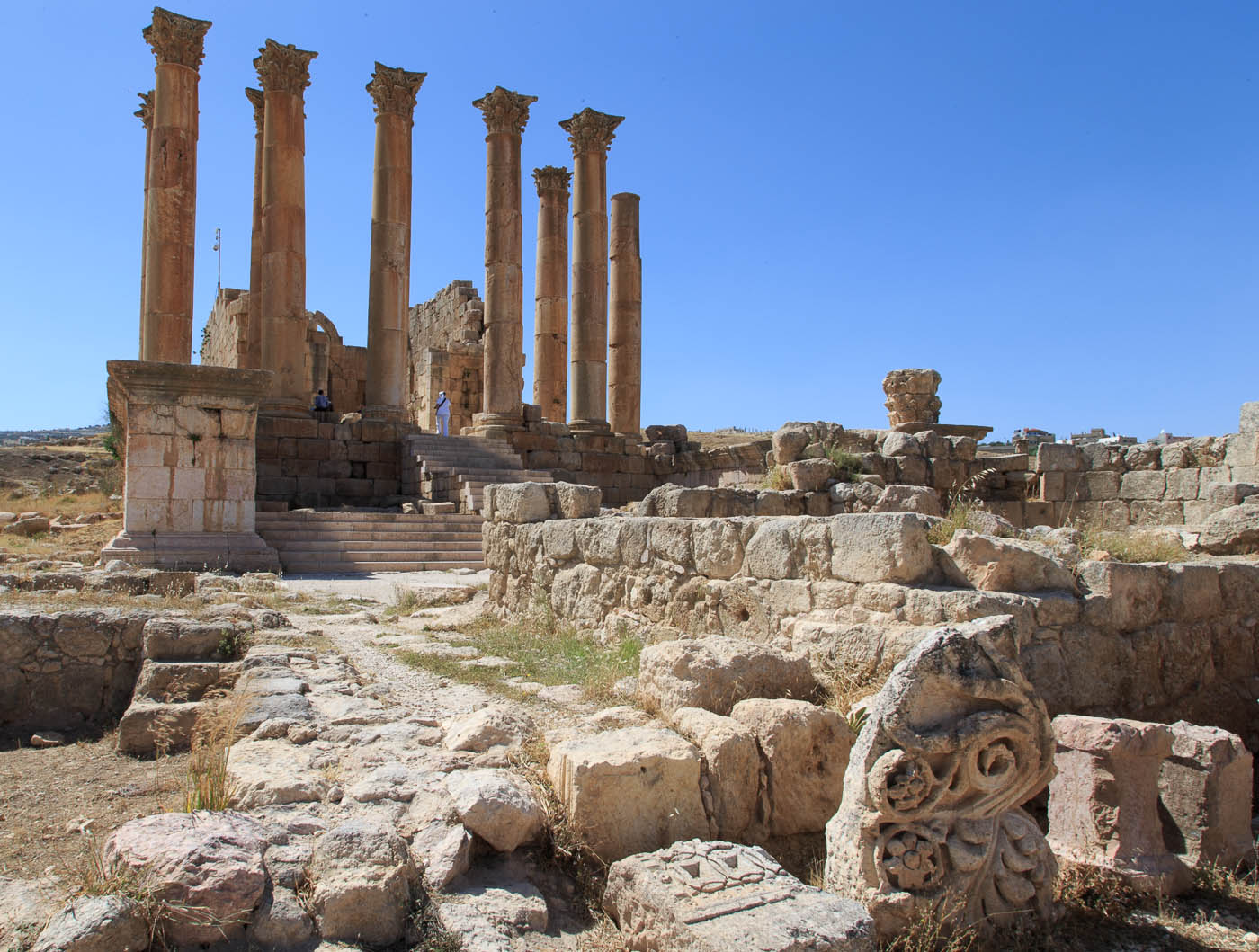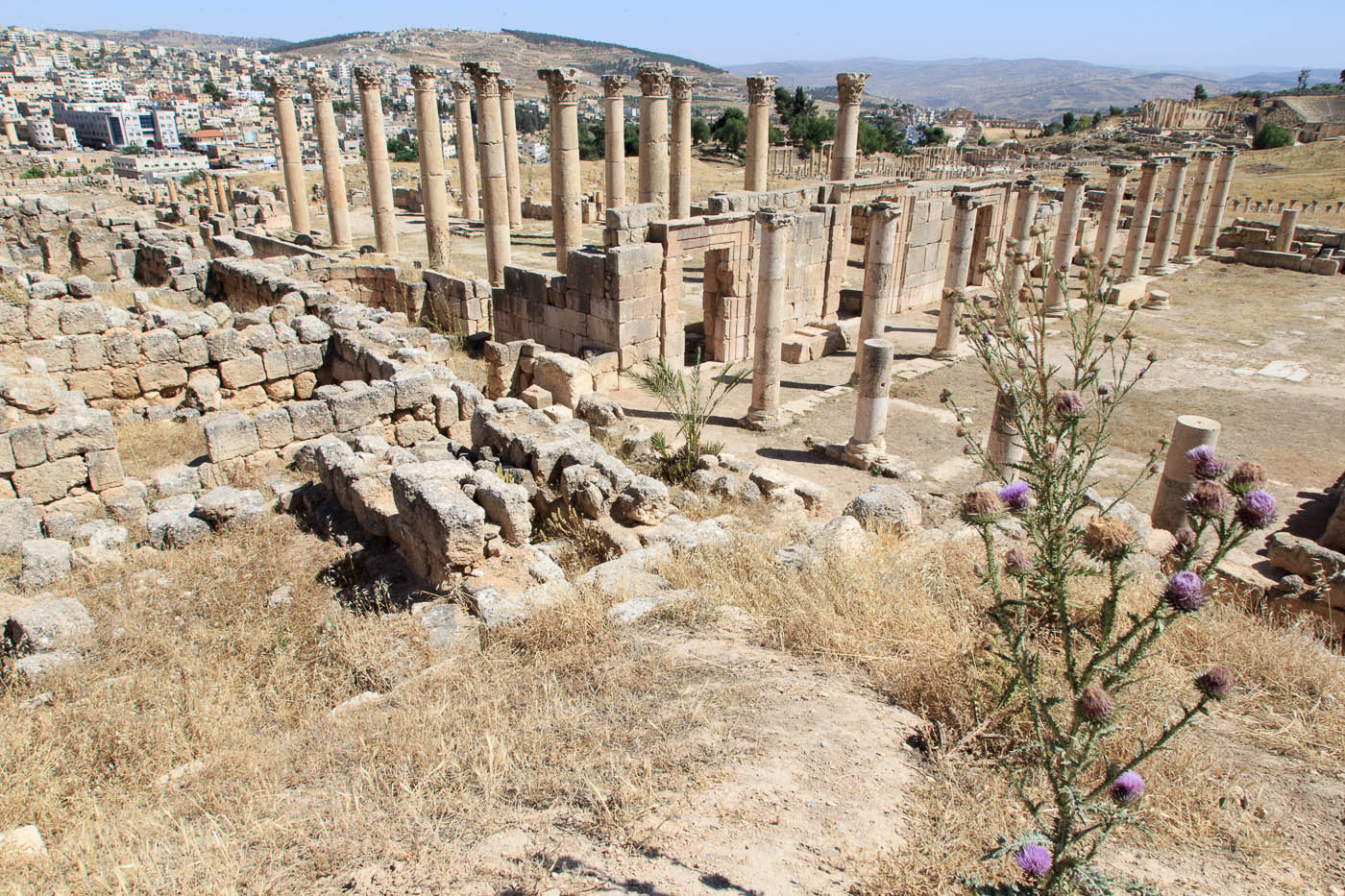There is little that unsettles a liberal Christian’s sensibilities more than the claim that the Bible should be taken literally. What a person who attempts to take Scripture literally actually means by “literal” is almost always poorly understood, leaving any discussion on the subject floundering in confusion.
Setting aside my suspicion that many liberal Christians – none who comment here, of course – are at least partly motivated by the desire, born of our common human frailty, to subvert the Bible’s strictures on what at one time were thought of as Man’s baser impulses, I thought it might be useful to review what Biblical literalism actually means.
The Word of God is an exceedingly complex unity. The different items and the various kinds of material which make it up—laws, promises, liturgies, genealogies, arguments, narratives, meditations, visions, aphorisms, homilies, parables and the rest—do not stand in Scripture as isolated fragments, but as parts of a whole. The exposition of them, therefore, involves exhibiting them in right relation both to the whole and to each other. God’s Word is not presented in Scripture in the form of a theological system, but it admits of being stated in that form, and, indeed, requires to be so stated before we can properly grasp it—grasp it, that is, as a whole. Every text has its immediate context in the passage from which it comes, its broader context in the book to which it belongs, and its ultimate context in the Bible as a whole; and it needs to be rightly related to each of these contexts if its character, scope and significance is to be adequately understood.
An analogy may help here. A versatile writer with didactic intent, like Charles Williams or G. K. Chesterton, may express his thought in a variety of literary forms—poems, plays, novels, essays, critical and historical studies, as well as formal topical treatises. In such a case, it would be absurd to think any random sentence from one of his works could safely be taken as expressing his whole mind on a subject with which it deals. The point of each sentence can be grasped only when one sees it in the context, both of the particular piece of work from which it comes, and of the writer’s whole output. If we would understand the parts, our wisest course is to get to know the whole— or, at any rate, those parts of the whole which tell us in plain prose the writer’s central ideas. These give us the key to all his work. Once we can see the main outlines of his thought and have grasped his general point of view, we are able to see the meaning of everything else—the point of his poems and the moral of his stories, and how the puzzling passages fit in with the rest. We may find that his message has a consistency hitherto unsuspected, and that elements in his thought which seemed contradictory are not really so at all. The task of interpreting the mind of God as expressed in His written Word is of the same order as this, and must be tackled in the same way. The beginner in Bible study often feels lost; he cannot at first grasp the Bible’s over-all point of view, and so does not see the wood for the trees. As his understanding increases, however, he becomes more able to discern the unity of the biblical message, and to see the place of each part in the whole.
Interpreting Scripture Literally
Scripture yields two basic principles for its own interpretation. The first is that the proper, natural sense of each passage (i.e., the intended sense of the writer) is to be taken as fundamental; the meaning of texts in their own contexts, and for their original readers, is the necessary starting-point for enquiry into their wider significance. In other words, Scripture statements must be interpreted in the light of the rules of grammar and discourse on the one hand, and of their own place in history on the other. This is what we should expect in the nature of the case, seeing that the biblical books originated as occasional documents addressed to contemporary audiences; and it is exemplified in the New Testament exposition of the Old, from which the fanciful allegorizing practiced by Philo and the Rabbis is strikingly absent. This is the much-misunderstood principle of interpreting Scripture literally. A glance at its history will be the quickest way of clearing up the confusion.
The Mediæval exegetes, following Origen, regarded the ‘literal’ sense of Scripture as unimportant and unedifying. They attributed to each biblical statement three further senses, or levels of meaning, each of which was in a broad sense allegorical: the ‘moral’ or ‘tropological’ (from which one learned rules of conduct), the ‘allegorical’ proper (from which one learned articles of faith), and the ‘anagogical’ (from which one learned of the invisible realities of heaven). Thus, it was held that the term ‘Jerusalem’ in Scripture, while denoting ‘literally’ a city in Palestine, also referred ‘morally’ to civil society, ‘allegorically’ to the Church, and ‘anagogically’ to heaven, every time that it occurred. Only the three allegorical senses, the Mediævals held, were worth a theologian’s study; the literal record had no value save as a vehicle of figurative meaning. Mediæval exegesis was thus exclusively mystical, not historical at all; biblical facts were made simply a jumping-off ground for theological fancies, and thus spiritualized away. Against this the Reformers protested, insisting that the literal, or intended, sense of Scripture was the sole guide to God’s meaning. They were at pains to point out, however, that ‘literalism’ of this sort, so far from precluding the recognition of figures of speech where Scripture employs them, actually demands it. William Tyndale’s statement of their position may be quoted as typical: “Thou shalt understand, therefore, that the scripture hath but one sense, which is but the literal sense. And that literal sense is the root and ground of all, and the anchor that never faileth, whereunto if thou cleave, thou canst never err or go out of the way. And if thou leave the literal sense, thou canst not but go out of the way. Nevertheless, the scripture uses proverbs, similitudes, riddles, or allegories, as all other speeches do; but that which the proverb, similitude, riddle or allegory signifieth, is ever the literal sense, which thou must seek out diligently.”
Tyndale castigates the Scholastics for misapplying 2 Corinthians iii.6 to support their thesis that “the literal sense … is hurtful, and noisome, and killeth the soul”, and only spiritualizing does any good; and he replaces their distinction between the literal and spiritual senses by an equation which reflects Jn. vi.63: “God is a Spirit, and all his words are spiritual. His literal sense is spiritual … if thou have eyes of God to see the right meaning of the text, and whereunto the Scripture pertaineth, and the final end and cause thereof.” (1) Fanciful spiritualizing, so far from yielding God’s meaning, actually obscured it. The literal sense is itself the spiritual sense, coming from God and leading to Him.
This ‘literalism’ is founded on respect for the biblical forms of speech; it is essentially a protest against the arbitrary imposition of inapplicable literary categories on scriptural statements. It is this ‘literalism’ that present-day Evangelicals profess. But to read all Scripture narratives as if they were eye-witness reports in a modern newspaper, and to ignore the poetic and imaginative form in which they are sometimes couched, would be no less a violation of the canons of evangelical ‘literalism’ than the allegorizing of the Scholastics was; and this sort of ‘literalism’ Evangelicals repudiate. It would be better to call such exegesis ‘literalistic’ rather than ‘literal’, so as to avoid confusing two very different things. (2)
The modern outcry against evangelical ‘literalism’ seems to come from those who want leave to sit loose to biblical categories and treat the biblical records of certain events as myths, or parables—non-factual symbols of spiritual states and experiences. Many would view the story of the fall, for instance, merely as a picture of the present sinful condition of each man, and that of the virgin birth as merely expressing the thoughts of Christ’s superhuman character. Such ideas are attempts to cut the knot tied by the modern critical denial that these events really happened, and to find a way of saying that, though the stories are ‘literally’ false, yet they remain ‘spiritually’ true and valuable. Those who take this line upbraid Evangelicals for being insensitive to the presence of symbolism in Scripture. But this is not the issue. There is a world of difference between recognizing that a real event (the fall, say) may be symbolically portrayed, as Evangelicals do, and arguing, as these persons do, that because the fall is symbolically portrayed, it need not be regarded as a real even at all, but is merely a picture of something else. In opposing such inferences, Evangelicals are contending, not for a literalistic view, but for the very principles of biblical literalism which we have already stated—that we must respect the literary categories of Scripture, and take seriously the historical character of the Bible story. We may not turn narratives which clearly purport to record actual events into mere symbols of human experience at our will; still less may we do so (as has been done) in the name of biblical theology! We must allow Scripture to tell us its own literary character, and be willing to receive it as what it claims to be.
It may be thought that the historic Protestant use of the word ‘literal’ which we have here been concerned to explain is so unnatural on modern lips, and that such a weight of misleading association now attaches to the term, that it would be wisest to drop it altogether. We argued earlier that the word ‘fundamentalist’ should be dropped, as having become a barrier to mutual understanding, and the case may well be the same here. We do not contend for words. We are not bound to cling to ‘literal’ as part of our theological vocabulary; it is not itself a biblical term, and we can state evangelical principles of interpretation without recourse to it (as indeed, we did in the opening sentences of this section); (3) and perhaps it is better that we should. If we do abandon the word, however, we must not abandon the principle which it enshrines: namely, that Scripture is to be interpreted in its natural, intended sense, and theological predilections must not be allowed to divert us from loyalty to what the text actually asserts.


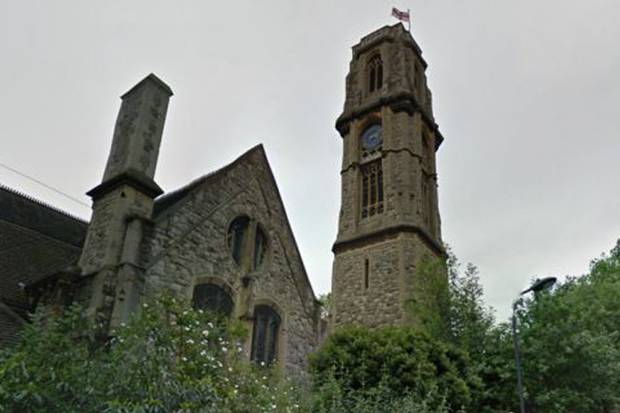 St Martin’s Anglican Church in the UK has started accepting bitcoins, the peer to peer Internet currency favoured by
St Martin’s Anglican Church in the UK has started accepting bitcoins, the peer to peer Internet currency favoured by 